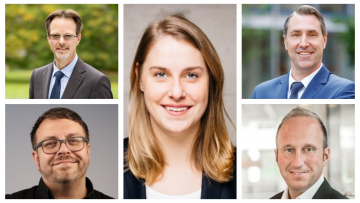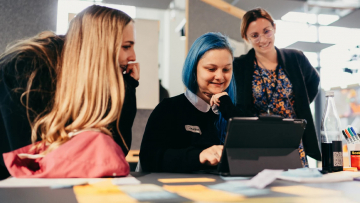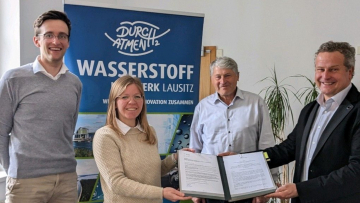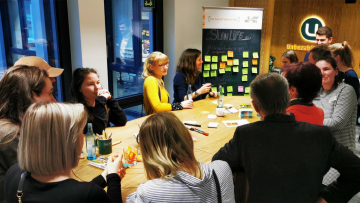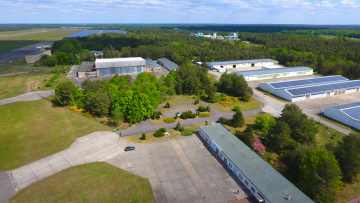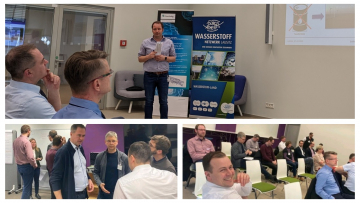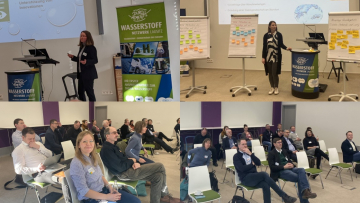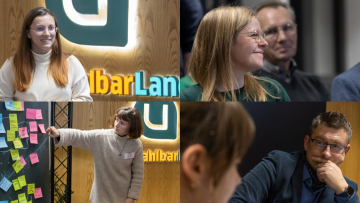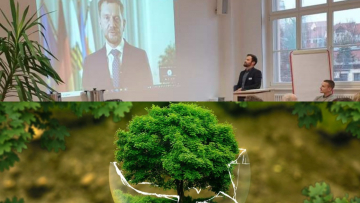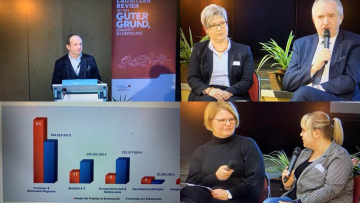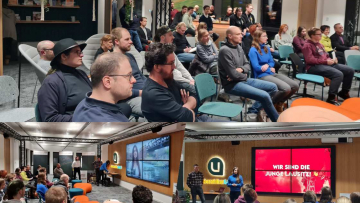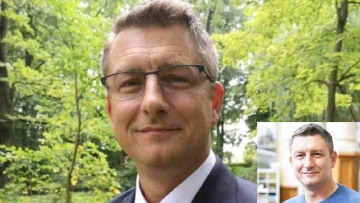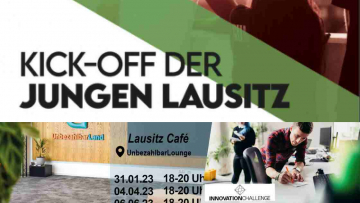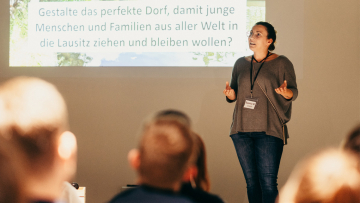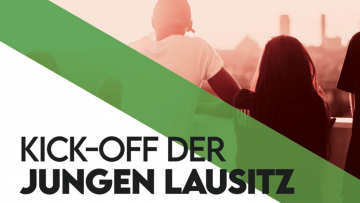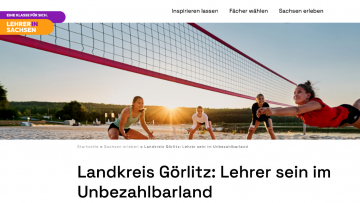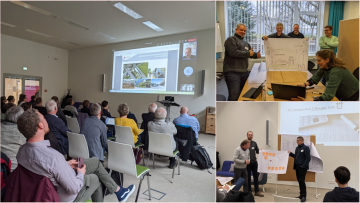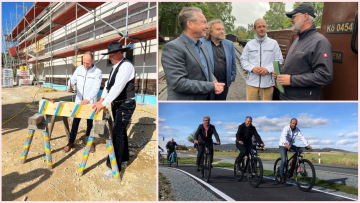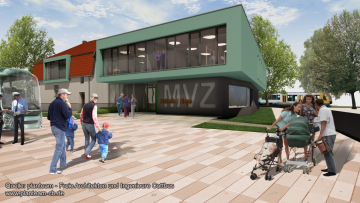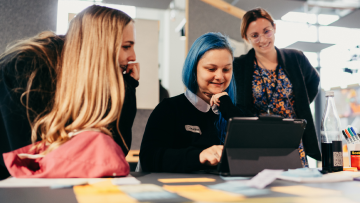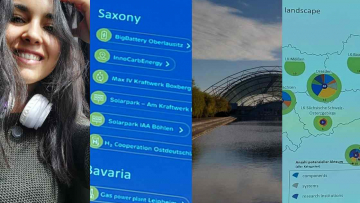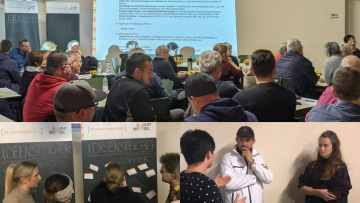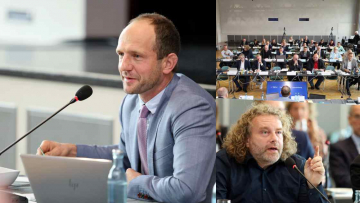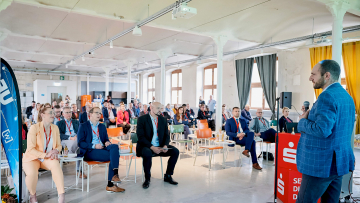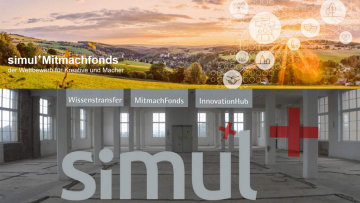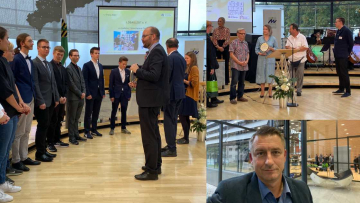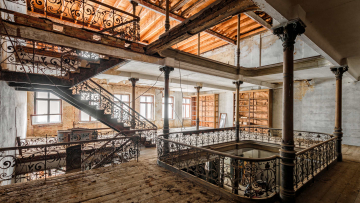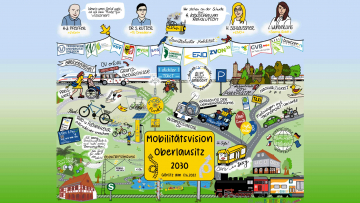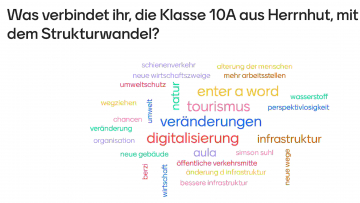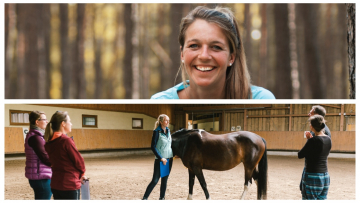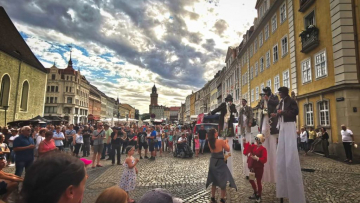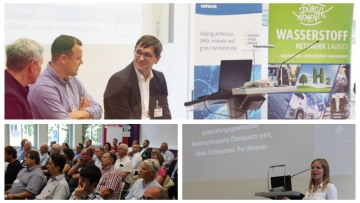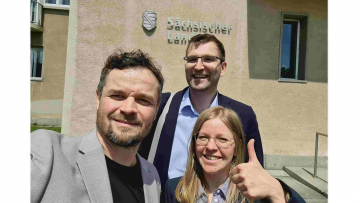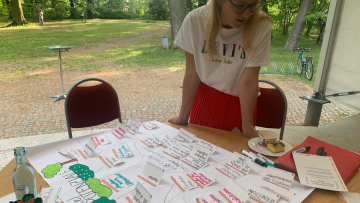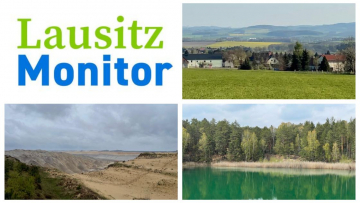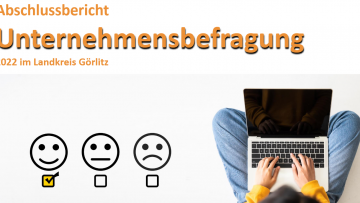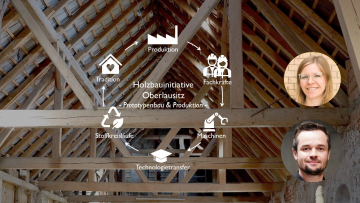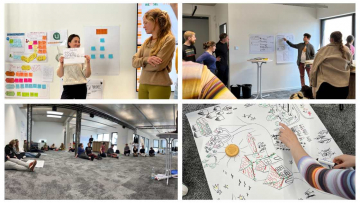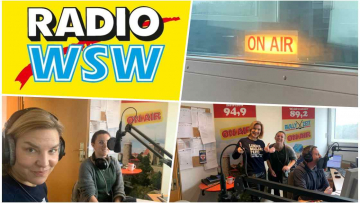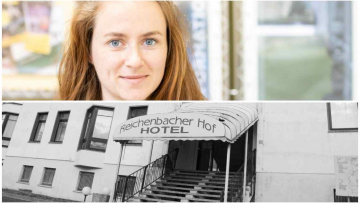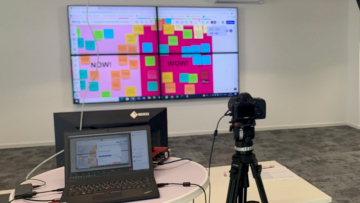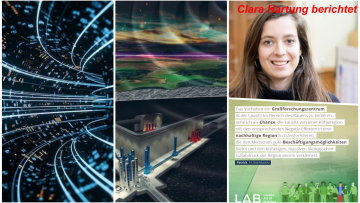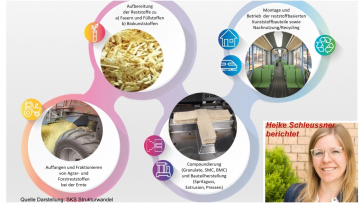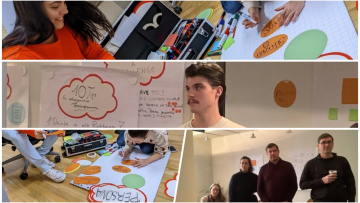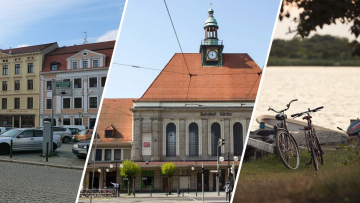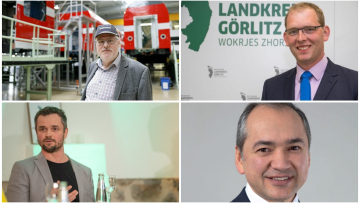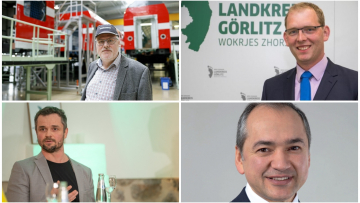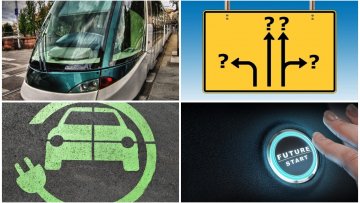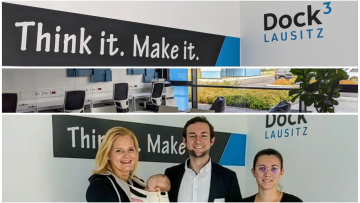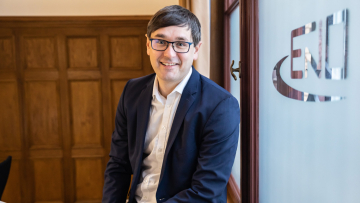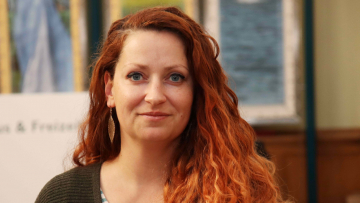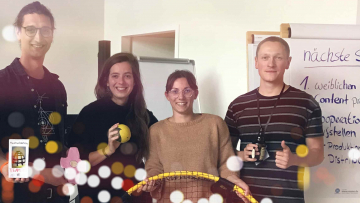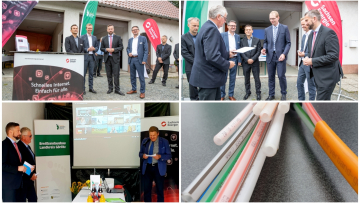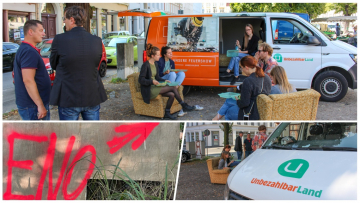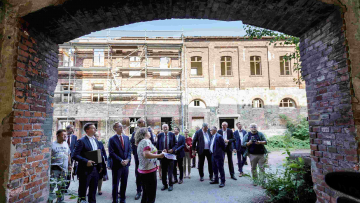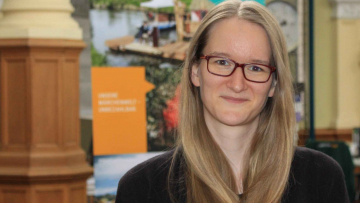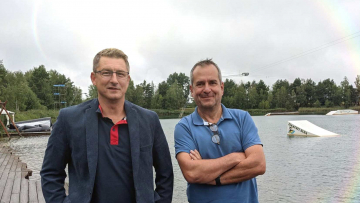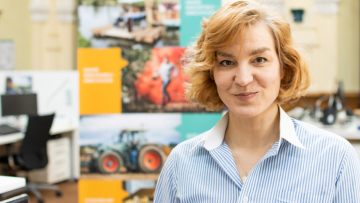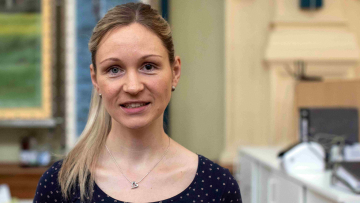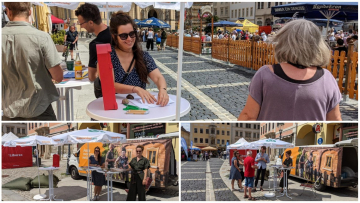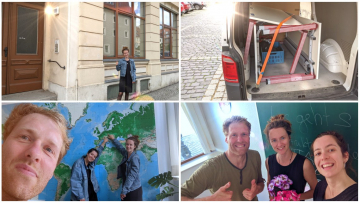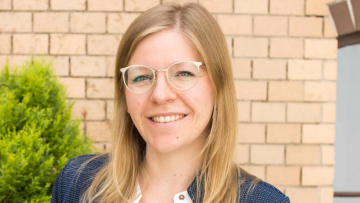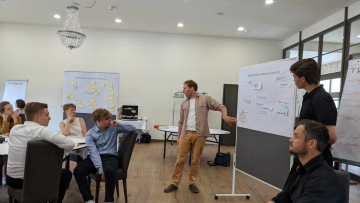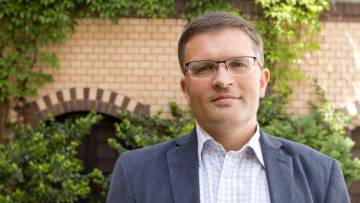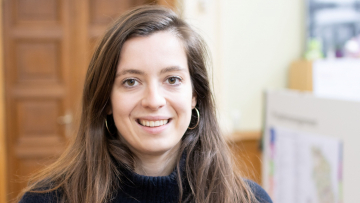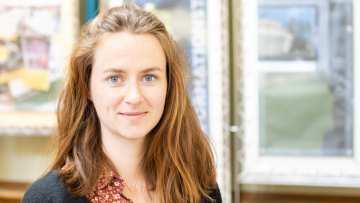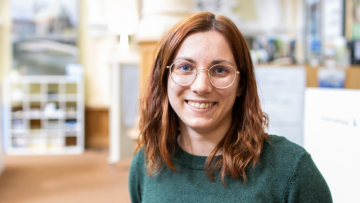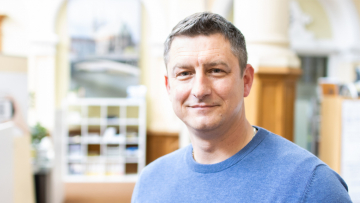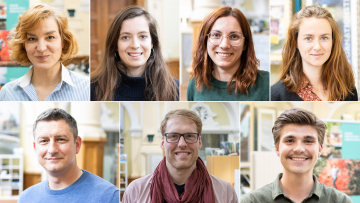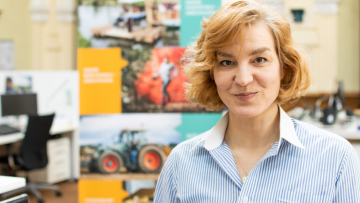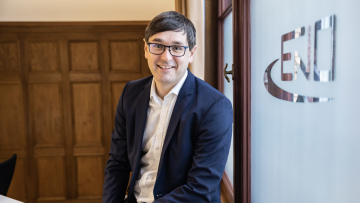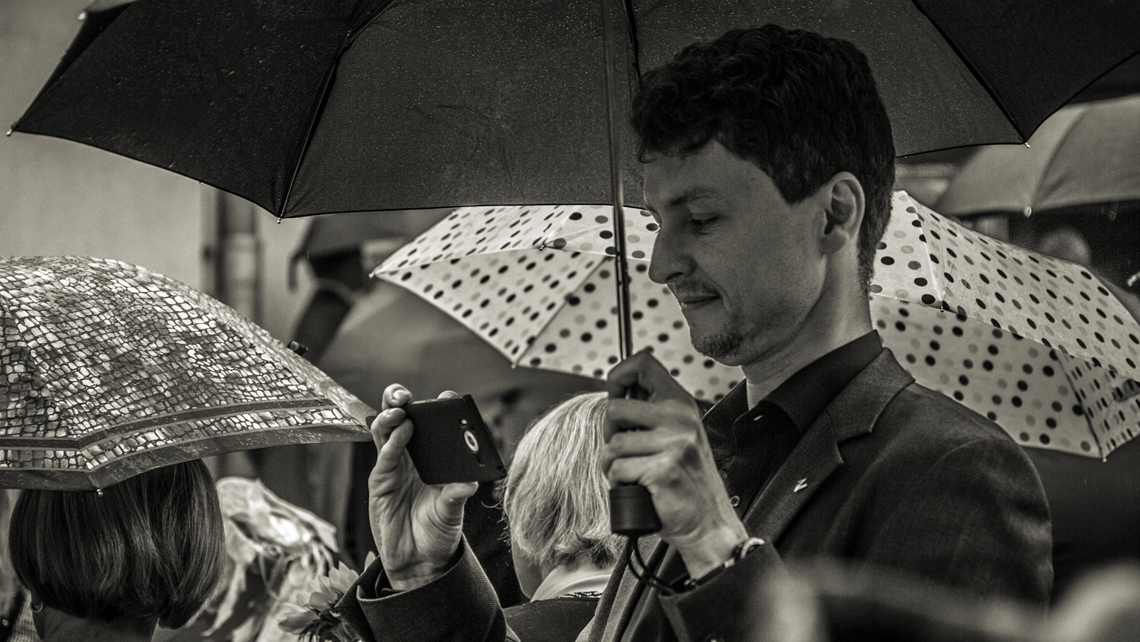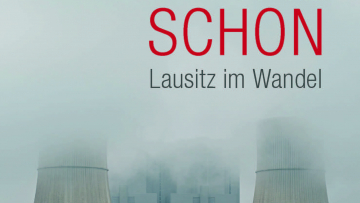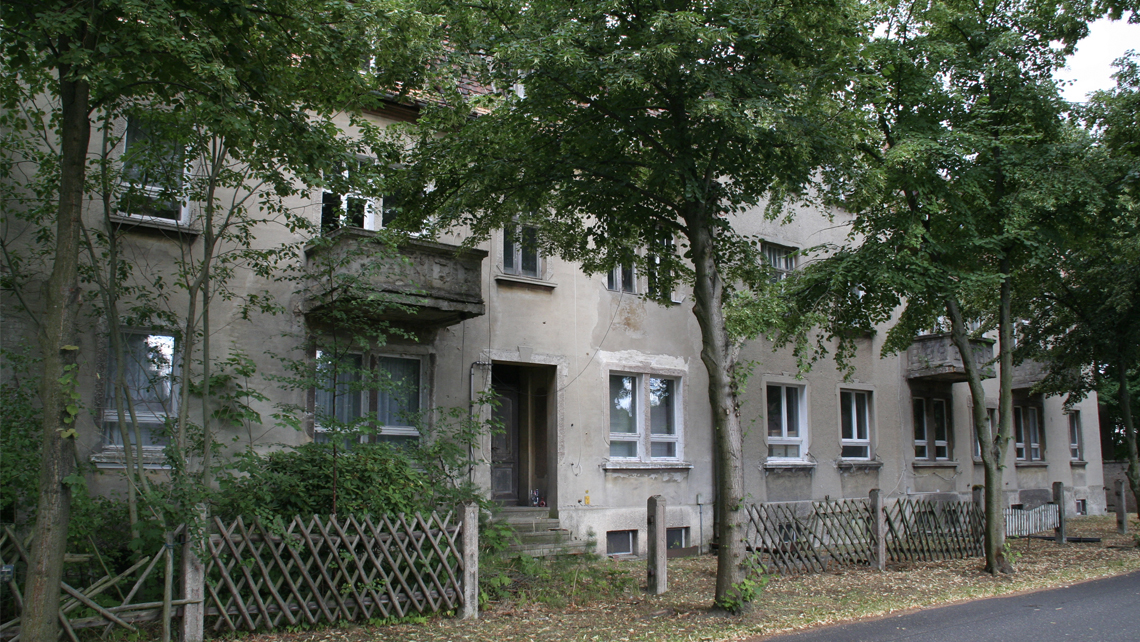 Vacancies in Lusatia: crisis and opportunity
Vacancies in Lusatia: crisis and opportunity
A guest contribution by Jan Hufenbach
While there is a shortage of living space in the metropolises, in Lusatia we are dealing with the opposite: vacancies. It's a tiresome topic: vacancies in the country, vacancies in the cities, including ruins, half-abandoned, half-occupied houses or apartments and now and then sad speculative properties, renovated, half-renovated. Everything is there and it won't get any less.
Suitable examples can be found in bulk on the many real estate portals and, of course: Anyone who drives through the country with open eyes, talks to mayors and property managers or just reads the daily press will quickly find what they are looking for. In Görlitz, there are two properties that are making the most unpleasant headlines because people are speculating, working with false facts and hoping for quick money: the former, renovated Hotel Monopol and the wonderful, albeit ruinous Art Nouveau building on Bismarckstraße. At the auction of the latter, the buyers put themselves in a nice conservationist light of "we will refurbish everything great" and less than 24 hours later it was up for sale again. A small speculator thriller in itself, which can be read Sächsische Zeitung The owners are also currently selling a train station in Kodersdorf (a bit expensive, one might think).
The list of vacancies could be continued. In every city, every community there are houses, farms and estates that are empty. In some cases for decades. The ownerships are diverse: communities of heirs who cannot come to an agreement or who expect too much profit, while the inheritance decays from year to year and ultimately becomes less and less valuable, heirs who hold onto the property, owners who hope for better prices, speculators see above, but also abandoned objects for which an owner cannot even be determined.
All these vacant buildings that are not offered on the market mean a standstill for the community. They are ugly spots and sometimes a source of danger that deter potential new neighbors or entrepreneurs. This keeps slowing down sustainable urban and settlement development.
And yes, it won't get any less. The demographic development means that more and more properties are becoming vacant in rural areas. Many of them are in a sad state because perhaps only one senior lived there for many years who, for lack of finances or interest or both, has not renovated their home or at least maintained it. The potential heirs often enough live somewhere far away and have no intention of taking over the house and farm of their parents or grandparents.
Some objects end up on the real estate market, many are offered overpriced and just as many are not sold. If you search the web, you will often be presented with problem properties, which are then accompanied by the corresponding poetry “Lots of potential! You can contribute your ideas here!”. Some of these properties are happily rotting away and when owners are untraceable or live overseas, the ugly duckling becomes a costly management problem.
It will also be a technical problem, because administrations can rarely provide the legal expertise to deal with such issues. A whole series of factors often come together: no staff, no expertise, no money... no land in sight, because how is an (often cash-strapped) municipality supposed to finance an expert for problem real estate? Potential buyers are also not that easy to find. On the one hand, the market is large and, on the other hand, the decline in population, especially in the peripheral rural locations, cannot be cushioned solely by the often rather poorly-funded newcomers.
In addition, many properties are offered without pointing out important details: outdoor areas, housing rights, land register entries, right of way, etc. Municipalities in particular with their direct line to the building authority could prepare sales much better here and prevent nasty surprises and further standstill and vacancies, the harms the community itself: Which average Otto buyer knows that he may not have any right to live outside and is also not allowed to build anything? When we mention these points in our consultations with potential newcomers ( Raumpioniere Oberlausitz ), we are usually very astonished.
Sellers, regardless of whether they are private individuals, brokers or administrations, sometimes limit themselves to providing only the most necessary information. The often inexperienced buyer has to take care of everything else. I recently dealt with a seller who did not want to present an energy certificate (as required by EnEV or GEG). Well so what. It's punishable.
What to do? Comprehensive vacancy management is needed. Every single vacancy in town and country must be recorded, analyzed and evaluated, including the building plots, fallow land, etc. Such vacancy management requires expertise, sovereignty and strong networking, including interdisciplinary cooperation within the offices (property management, building authority, court), in order to then For example, being able to prevent objects like the one on Bismarckstrasse in Görlitz from being auctioned off without the potential buyers – who have been known long beforehand – being put through their paces and motivated in advance. For example with a due diligence procedure analogous to company sales. The submission of a usage concept or a binding renovation concept and a bank guarantee would be further approaches to protection against speculators, in addition to a commitment period for the future owner (to prevent short-term resale). A blacklist for the black sheep among buyers (and sellers) would also be helpful.
This requires some money, but it pays off in the long run: especially when the vacancy management can also act as a project developer at the same time in order to convert vacancies into a suitable subsequent use (rezoning) and to market them. An administration is also well advised to get the citizens, entrepreneurs and associations on board, for example to develop the future use of vacancies or land use through participation formats. Rural districts, cities and municipalities will generally not be able to do this alone. This requires funding and in order to be able to make your own contribution, you also need help from the state and federal government. Then the tiresome vacancy could become a treasure that attracts people who initiate and support new developments with their ideas.



